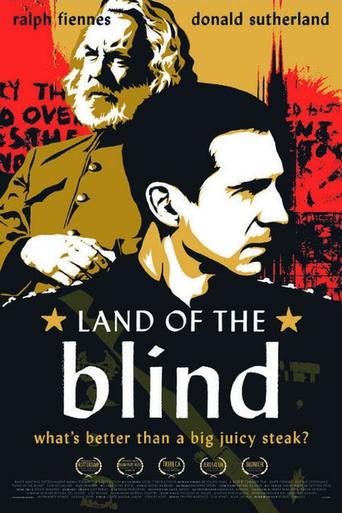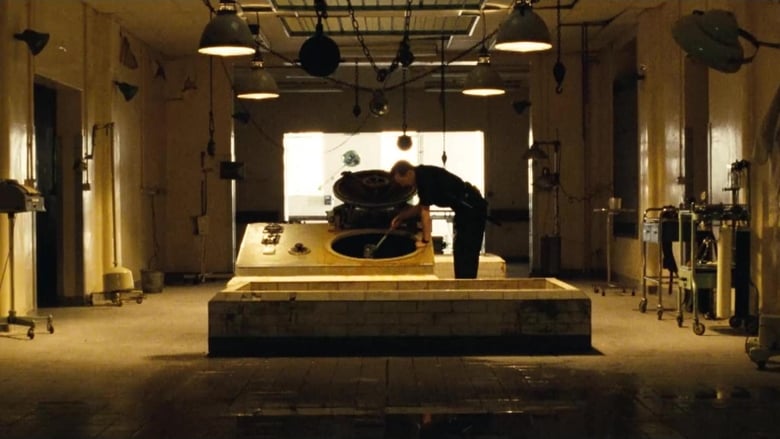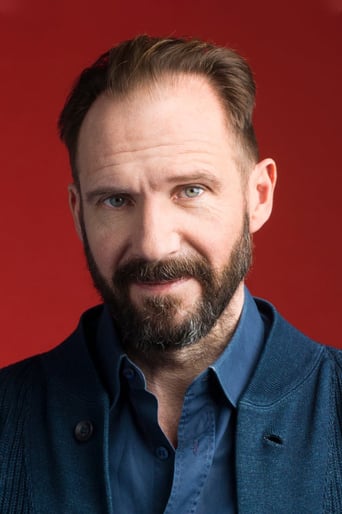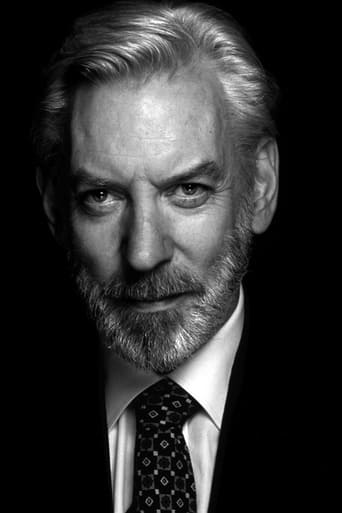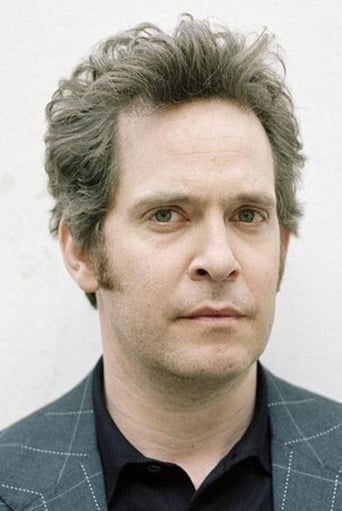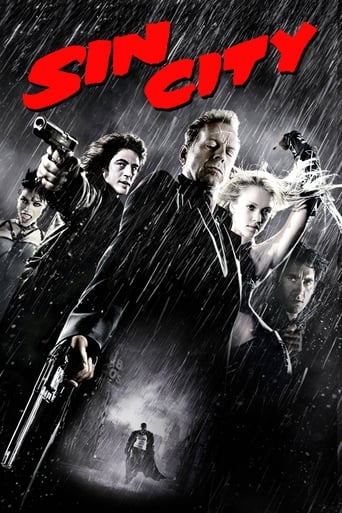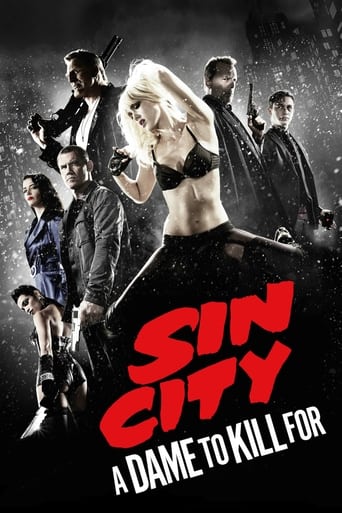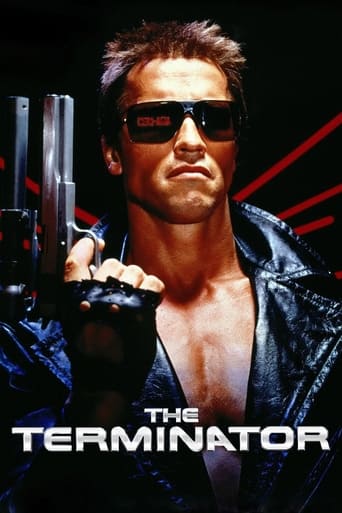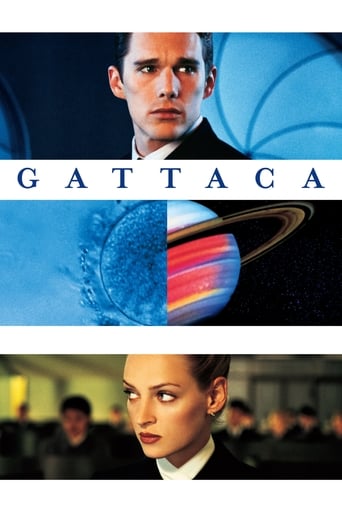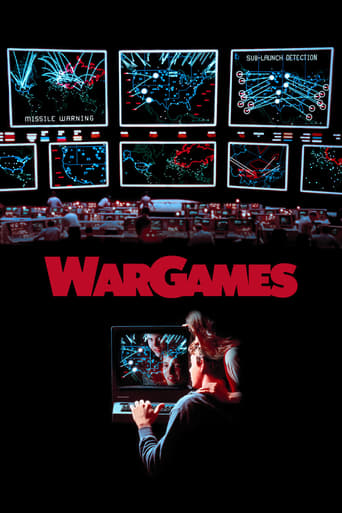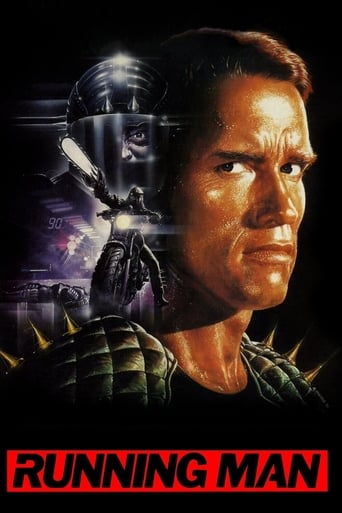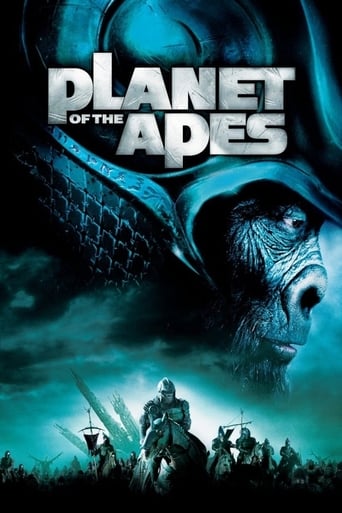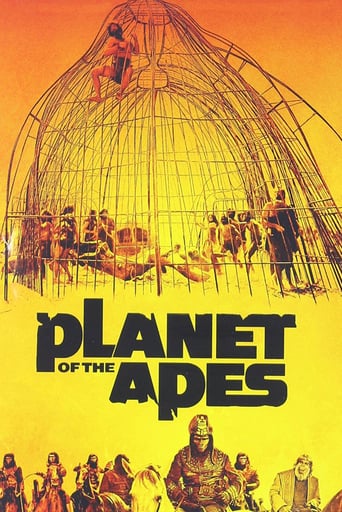Land of the Blind (2006)
A soldier recounts his relationship with a famous political prisoner attempting to overthrow their country's authoritarian government.
Watch Trailer
Cast


Similar titles
Reviews
Sadly Over-hyped
An Exercise In Nonsense
Simple and well acted, it has tension enough to knot the stomach.
Just intense enough to provide a much-needed diversion, just lightweight enough to make you forget about it soon after it’s over. It’s not exactly “good,” per se, but it does what it sets out to do in terms of putting us on edge, which makes it … successful?
Really a most thought-provoking dystopia film with a bizarre ending that like most great movies - leaving you wondering...It drags a bit and is quite silly in the first half hour, but then it picks up, adding elements, symbolism, styles and phrases of dystopian regimes throughout the past 2-300 years. The basic plot tells of a shift between an aristocratic fascist consumerist decadent regime to a fundamentalist communist anti-knowledge mobocratic one - most similar in style to what happened in Russia post 1917, the first part, and China post 1949 or even Iran post 1979, the second part.Throughout, the film intersperses bits of rhetoric that make you ponder as to what its message might be. Unexplained vignettes of Elephants and Schizophrenia deepen the message and add layers to what might originally come across as popcorn-satire with a powerful cast. The apparent twist towards the end is well executed and is the cherry on top. But it certainly could have been made with more finesse, but then perhaps it would have been too serious to hold any box-office appeal, which political satire always must capture - for otherwise it would not be of much purpose.
Robert Edwards' 2006 film The Land of the Blind is ultimately a tale of how absolute power corrupts, absolutely. The film is stark in its imagery and tone, its gross mixture of everything from its colour palette to other general, discomforting and disorientating content giving it a very distinct feel; so much so that it's an odd thing Edwards has not gone on to produce, by way of writing or otherwise, some more projects since. I got the feeling this was, indeed, one man's view on how the hypothesis of complete control completely corrupts and destroys an individual from within and those they might watch over; unlike Donald Sutherland's character very early on in the film, we do not necessarily have a complete turd on our hands here. But something lacked; something was missing. The film's sole source of shocks derives from its sporadic and disturbing imagery spotted along throughout, not from its would-be disturbing and enthralling in equal measure decline in well being and moral consciousness of the leaders on show; as if the coming and going of the two chief characters in charge plays second fiddle to the grotesque other stuff dreamt up so as to shock. While the film just about pulls off what it sets out to achieve, it's at a wavering and frustrating cost.The film provides us with the character of Joe, played by Ralph Fiennes; initially a security guard at a high security prison in a nation run by a remorseless; disgraceful; gross and political correctness disregarding dictator named Maximilian II (Hollander), a man who has inherited the kingdom from his father and continues the brutal ruling of it. Hollander does a good job in playing this small, wormy, measly little man whom just happens to have landed the most powerful job in the world. The third member of the triple threat the film revolves around is the prisoner Joe is charged with observing, a certain free thinking elderly man of a supposed politically driven opposite to that of Maximillian II, named Thorne and played by the aforementioned Sutherland. The first time we see Joe, he is sitting in an alarmingly small Gilliam's Brazil-style room typing his memoirs, thus recounting to us the tale of the two regimes. In providing him as the middleman, the film has a lynch-pin or anchor around which the general study of two differing political men, be it stark differences in items ranging from overall age to intelligence, with power can just bring about their own downfalls. In beginning and ending with Joe the prison guard, although ambiguously so nearer the end thanks to some somewhat frustrating scenes that suggest mental illness in our Joe, we're able to see that regardless of who it is that's in power; there are winners and losers of each and every belief or political ideology. In thinking he was initially lending a helping hand for the opposition, despite things looking good for him, things were never quite as rosy as they seemed.Edwards' idea that the state within his film could be representative of any nation throughout history, corrupt or otherwise, is impressively established with a glut of varying mise-en-scene, further still aiding in the disorientating feel the film has. Maximillian II rules a locale which on the surface, is a visually-driven clash between Stalinist Russia with Georgian England, with various other items such as the music characters play to themselves straight out of the 1940s; but whose flag looks like Argentina's (no doubt a reference to the Argentinian regime of the late-1970s) and whose language is certainly English with the national sport seemingly being basketball. Thorne is a prisoner of beliefs and publishing's, thus is suffering the regulations of censorship so knows the trials and pains of being a prisoner of that ilk. He seems to win Joe over as they talk through the prison walls with poem quotations; tales of his plight and so forth, but later on when Thorne gets into power, he goes on to enforce a degree of censorship on certain things. I like to think of this as the point rather than character inconsistencies within Thorne; that with the obtaining of so much power after so much graft, no matter how well meaning the individual came across as in times of great strain, the being granted of so much power will usually have a detrimental effect on the individual.After suffering a great deal in a world that sees the shallow and narrow minded rewarded, with the creative and academics punished, we feel Thorne's attitudes were merely the lesser of two evils on the whole; particularly evident when the hate supposedly transfered onto the victims of the state come back to haunt them when the uprising sees a ridiculously unfair trial of the former leader, which features the gagging of one person on trial and the sole witness being the one who's in the process of electing themselves the new leader. For all Thorne's struggling when we observe him in his jail cell citing poems; having to write with his own excrement and suffering brutal beatings at the hands of the guards, he certainly packs a mean political punch of his own in dealing with those that do not entirely agree with him and his political ideologies. The film's colourful look and somewhat comedic overall tone stands in deliberately stark contrast to what's playing out, a tale of absolute power absolutely corrupting; two different plights: in the character of Joe, one of morality which later manifests as one spawned by suppression suffering by the state with Thorne's mirroring this in that it takes a similar structure but the other way around. Its successes lie at its core, around which an often lumbering and usually disgusting spectacle of very little drama unfolds. I liked some of what I saw but the point is made relatively rapidly and the film knows this is all it has while things generally fall apart after the first third.
Just one step below awful. It's basically a satire on the idea that when a revolution comes to a country, the new leaders may turn out to be just as bad if not worse than those they usurped power from.The scenery and mood make this picture very dull. It is as if it has been shot circa 1927 when the film industry was just finding sound.Ralph Fiennes gives his all but the writing is so convoluted as well as dull. Ditto for Donald Sutherland. Note how a writer eventually attains power and becomes worse than his predecessor.Which beast of history does the wife of the first dictator represent? She is supposed to represent the idea that there is a woman behind every man. Conniving and vicious, she meets her her just end. Note how the film emphasizes the idea the violence begets more violence. All of our dictators die through assassination.
I was very disappointed in this film. The story and the point of the author is presented in a heavy-handed, and cliché manner. The author's hyperbole denies the possibility of balance. He argues against change, and allows that only extremes in the swing of the pendulum of social change are possible. He makes his point unapologetically without subtlety.His indelicate way of making this point is a little like writing into a story too many soliloquies to describing the feelings of the principal characters without just showing those things, and letting the audience figure it out. He over tells his story. He's taken too big a picture in too short a span of time, and indelicately made his transitions. The filmmaker says to his audience, "I'm not a good enough filmmaker to make my point subtly, or you're is just too stupid to get my point unless I explicitly tell you.Its good casting, they're good actors but Sutherland plays his part a little too smug too self-righteous to be believable, rather like his thief in the "Italian Job." Not the best work in either place of a normally good actor. The characters are waterfront artist's caricatures.Whose story is he telling? Is it Cuba, South Africa, Haiti, WW2 Germany, or Romania? He's hyperbolized elements of all those places into one. The story could have been very good, and a more effective political statement with a lot less. It tries to hard, and fails to be an effective vehicle as a political statement, or a good story. Skip this movie. Don't waste your time or money.

